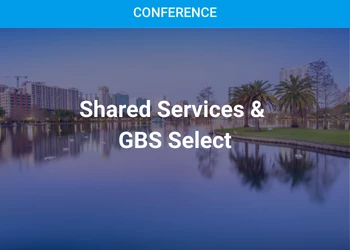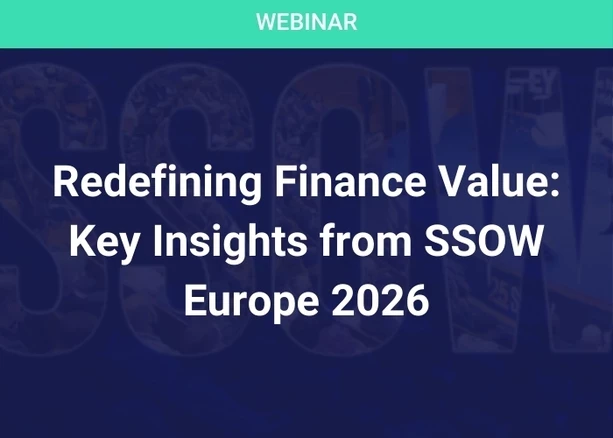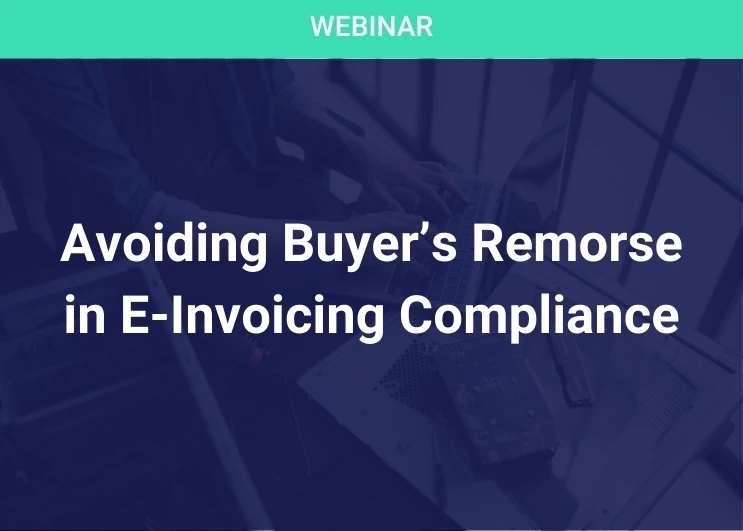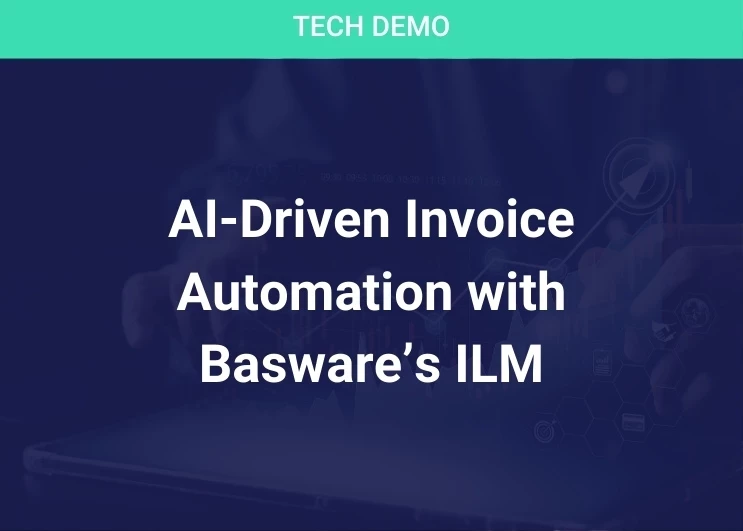
Missed Part 2 of the series? View AECOM's award-winning transformation journey HERE.
SSON's Impact Awards are globally recognized, annual awards that honour and celebrate shared services achievements across several different categories, across four different regions in the world. Applications are evaluated by a judging panel made up of leading practitioners selected for their experience and are exemplary members of the services delivery community.
Today’s shared services operating models are the engine of enterprise transformation. Here we share an edited version of Ecopetrols’s winning application for the Change Management & Business Transformation Impact Award.
ABOUT ECOPETROL
Ecopetrol is Colombia’s NOC (National Oil Company), the largest company in the country with a net profit of USD $2.7 billion January to September 2019. We are currently in the 300th position of the largest public companies in the world according to Forbes magazine and is the most valuable brand in Colombia according to Brand Finance. We have 10,071 direct employees and 36.577 outsourced. Our operations are mostly in Colombia, but also in Brazil, Peru, Mexico and the United States.
With 68 years of history, our fields are the largest in the country. We have two refineries, one of them the most modern in Latin America (Cartagena Refinery), three ports for fuels export and import operations and most of the country's pipelines The SSC was born in 2011 to offer services to Ecopetrol and its Business Group. Our portfolio has 72 services distributed in HR, Finance, Master Data, Transportation, Land and Asset Management, Catering and Facilities Management. We currently process more than one million requests per year with high levels of service and customer experience.
BACKGROUND STORY: WHY THE TRANSFORMATION WAS NECESSARY
As part of the transformation of the Ecopetrol SSC and the commitment to a hyper connected, automated and accessible world, we (as a service area) must win over an audience that is now digital. That is why in 2018 and after 15 years of having a manual travel system, we wanted to innovate in the customer experience by making
transformational deep changes in the process, technology and culture with a new travel model that today eases the experience of the user, reducing costs, securing better control and generating added value to the company in productivity.
AVE - Asistente de Viajes Ecopetrol (Ecopetrol Travel Assistant) is an internally built application and its value commitment is reducing the cycle time of the travel experience, unifying the end-to-end process into a single tool, improving the user experience through easy access, fast and intuitive interface, reduce costs by compliance travel internal policies, ensure better rate agreements on flights and hotels, national and international safe travel at a competitive cost for the Company.
With this new travel model we have done more than 103 k trips, worth $27 MUSD in 12 months of operation. In order to keep our business growing, Ecopetrol is traveling more than past years with less budget to do so; this is only possible due to the changes made by this project on the travel process.
The new travel model incorporated some significant changes in the process such as:
- Implementation of automatic reporting avoiding employee displacements that generated risks associated with cash handling and loss of working time.
- Availability of our own platform via web and mobile for travel requests, allowing the purchase of tickets and hotel reservations as well as the request and approval of trips from anywhere, anytime.
- Inclusion of automatic controls and validations to ensure compliance with Ecopetrol travel policy.
- Analytical model for timely decision making and for negotiation of competitive rate agreements.
All of these changes responded to customers’ needs, impacting the company in a time (86% cycle time reduction) and economic basis ($5 MUSD).
Think YOU deserve to be spotlighted?
Apply now for the 2021 SSON Impact Awards.
THE STRATEGY
The change management process was carried out in several stages, for which external change management methodologies such as ADKAR were aligned with internal methodologies resulting from the in-depth knowledge of the Ecopetrol culture that allows us to guarantee the sustainability of the change:
Preparation Phase
During this phase, all the main aspects that should characterize our management of change process were defined, as well as the
preparation of the material that would be used in subsequent phases.
- Definition of the Strategy premises:
- The strategy must be aligned with the company's cultural transformation objectives.
- The strategy will have the visible face of the leaders who lead the transformation: Shared Services Manager and Vice President of Digital Transformation
- It starts with the teams that developed the initiative and then with the rest of the organization.
- Direct, cascaded communication is favored.
- The go live of the new model is staggered by defined groups. It will start with frequent users of the areas.
- In business areas, multipliers or travel managers will be used, who will contribute to permeate the change more easily.
- While stabilizing the new model, both mechanisms will be used in parallel: New and Old.
- Mediated communication throughout the organization is conducted once the change is positioned.
- Alignment with the process of cultural transformation of Ecopetrol: As a starting point, we incorporated the higher purpose, organizational competencies and values into our change management strategy, to connect and achieve the organizational culture behaviors required for the success of AVE.
- Definition of key messages to position:
- Facilitate the travel experience (sale of solution attributes).
- Strengthen the knowledge and skills of users.
- Alignment with the company strategy.
- Visual development of the campaign:
- Design of pieces: Design of mailing, banner, false home, printed material, tutorials. Corporate communication pieces aligned with the company strategy.
- Copy of texts for media and training scripts.
Expectation Phase
In this phase, we sought to raise awareness of the need for change and generate actions for such change. In this phase, it was key to involve the workers upfront and for that purpose,
- A contest was launched for the name of the new solution throughout Ecopetrol on Yammer and on the Intranet.
- Voting for the name was aligned with the meaning of AVE and its benefits in which all the members of the organization could participate.
Discover more award-winning journeys at the SSON Impact Awards: The Winners Series
Launching Phase
In this phase, the aim is to position the messages developed in the expectation phase as well as the development of knowledge and skills for the implementation of the change by the users.
- Advertising video in which in a creative manner, the Director of the SSC explains the main changes and benefits of the tool and how to access it.
- Video cast of actors in the regions and offices of Ecopetrol selling the change.
- Personalized mailing to frequent travelers and computers.
- Training by groups of key users.
- Talks via streaming at national level, which 100% of workers can access.
- Direct mailing
- Delivery of user manuals.
Sustaining phase
During this phase, we ensured that the change that was achieved in the previous stages is maintained for the future.
- Regular contents highlighting the changes.
- Permanent support of the help desk.
- Reactivation of the communication plan according to the frequency of calls.
- Monitoring of the use of AVE vs the previous tool.
The strategy included a very strong change resistance management plan, which allowed minimizing the impact on the different stakeholders defined in the strategy, positioning the benefits and the purpose of the change. The methodology used was a combination of the ADKAR and Kotter models, ensuring the transition from the current situation to a future in a planned and systemic way, reducing the period of learning time to a new organizational behavior. Some of the challenges overcome were:
- Resistance for the director’s assistants during the change of roles in the new application, which restrain them to register travel request for other members of their teams.
- Compliance by leaders in online approvals at the same day the travel request is registered, in order to assure the best rates on airplanes tickets and hotels reservations.
- The automatic restriction that guarantees compliance on the anticipation time for register the travel request and the most economical fare selection.
- The adoption by workers of a new process with focus on self-management.
VALUE CREATED
The company´s total last year budget was $31, 2 MUSD with 97, 4 k trips. This year we will have more than 117k trips with no more than $27 MUSD
- AVE has allowed a 85% reduction in contact time of a traveler with the travel operating model with more than 150.000 hours per year going from 107 minutes to 16 minutes per trip
- More than $ 1 MUSD this year in direct savings for a reduction in administrative fees (air tickets and hotels)
- $4 MUSD savings due to better planning resulting in better airplane/hotels rates and tax savings.
Thanks to the contribution of the different users that participated in all the stages of implementation, it was possible to identify other processes that could generate value and that have been improved and included within the new model such as:
- Outpatient trips
- Shift travel administration
- Management and programming of charter flights
- Planning and approval process for international travelers
- Third party trips
AVE, the new travel process contributes to the fulfillment of strategic objectives and levers the company by enabling statistical and predictive analytical tools with accurate information, to capitalize on savings from the opportunity to comply with travel policies, along with the principle of austerity and aligned with the goal in cost efficiency, also ensuring operational continuity in business. It has also pushed to change the user experience into the culture of self-management, optimizing the use of resources, with an easily accessible online tool with 24/7 availability.
CHALLENGES
The new travel model was the first digital project executed under the SCRUM-AGILE methodology which modified and challenged the usual way in which IT projects were executed and managed, allowing results in short periods of time for the defined functionalities. Some of these challenges were:
- The definition of the minimum viable products prioritizing the functionalities with the greatest impact and the shortest implementation time.
- Change the traditional way of tracking costs, milestones and deliverables by those responsible.
- Accept the possibility of prioritizing and making scope changes during project execution.
- Ensure interdependencies and alignment with other processes before and after the travel management process.
BENEFITS AND IMPROVEMENTS
Initial tracking was based heavily on FTE transitions.. During Covid-19, the robust delivery model allowed us to continue to deliver between 30-50 new transitions each month using a full remote transition approach.
Financial targets were based on assumptions of labour arbitrage and cost to achieve. To date, targets have been met at a ratio often exceeding 1:4 (in core locations), delivering target savings. Cost to achieve targets required a nil impact in the financial year which has been achieved YoY.
GBS is a key contributor to company level strategic initiatives with regards to SG&A reduction targets, margin improvement targets, Cash and DSO targets, as well as improvements in other support services – client bids, marketing material through our Marketing and Communications delivery teams, improvement in utilization, and improved employee reporting through the introduction and support of our global Workday HR systems.
Internally, the GBS brand has gained strong support and the model experiences high demand due to the alignment to our strategic objectives. The support models that improve customer experience have been well received.
Consolidating our services across many end-to-end functions has created process transparency, which has driven opportunities for efficiency and cost reductions within function support and in the downstream processes within Operations. The GBS framework and methodologies have allowed us to understand our processes better – creating demand for transformational capability. This has matured the value of the function beyond labour arbitrage or back office support traditionally owned by Shared Services. AECOM GBS is seen as a vehicle for transformational change
LESSONS LEARNED
- Include from the beginning of the project, people with knowledge of the process and key areas users, allowing the construction of new alternative solutions, identification and prioritization of new needs.
- Define from the beginning of the project the building of the information and analytical model that responds to the needs of the company. In our case, there was a lack of dimensioning the impact of not having information and reports answering business questions for decision making.
- Design the improved travel logistics process prior to automation, based on user experience, and incorporating best practices and new methodologies for development and management of digital projects.
Column 4 of the SSON Impact Awards: The Winners Series now available! Read it here.






























